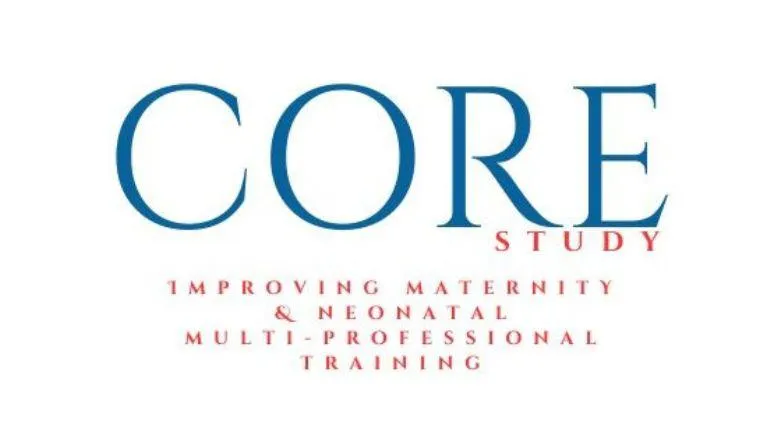Improving maternity and neonatal training has been recommended in both Parliamentary reports and public enquiries into maternity and neonatal units on maternity care in England.

Researchers in the Florence Nightingale Faculty of Nursing, Midwifery and Palliative Care are launching an NIHR-funded research project that investigates the quality of maternity and neonatal multi-professional training in England.
According to the Care Quality Commission (CQC), maternity remains an area of specific concern. CQC ratings suggest a worsening of maternity services over recent years, with 49% of NHS services rated as inadequate or requiring improvement at the end of 2023.
A 2021 Health and Social Care Committee report examining how best to support maternity services and staff to deliver safe maternity care found not all training in maternity and neonatal care professionals was equal, effective, and that multi-professional training was not always occurring.
The Maternity Transformation Programme at NHS England has led the development of a Core Competency Framework (CCF) to reduce variation in competency through training. However, as of yet the implementation of the CCF and its impact on performance in different contexts has not been evaluated, nor its role in improving maternity care, particularly for those who are at risk of the poorest outcomes.
This new study will evaluate whether the CCF has reduced variation in competencies in England's maternity and neonatal units. It will also question how the adaptation and adoption of the CCF might improve maternal and neonatal outcomes in different contexts.
To do this, researchers will conduct a national survey of the CCF's implementation, ethnographic research to explore in detail implementation at six selected maternity and neonatal units that will include local service user focus groups drawn from groups most at risk of poor outcomes, as well as investigate the impact of the CCF in improving maternity and neonatal care.
Every woman and her baby should expect to receive safe and personalised care, but we know there remains variation in care across England. Interdisciplinary training plays an important role in the delivery of effective maternity and neonatal care, as frequently midwives, obstetricians, neonatologists, anaesthetists and nurses must work together in challenging circumstances to provide optimal care. This NIHR-funded study will be the first of its kind to investigate the implementation of maternity and neonatal training nationally, particularly whether current training is improving the care of those most likely to experience poor care. The study will provide important evidence to underpin future training initiatives in different maternity and neonatal contexts.
Dr Rebecca Whybrow, lead applicant and Lecturer in Midwifery at the Florence Nightingale Faculty of Nursing, Midwifery and Palliative Care







